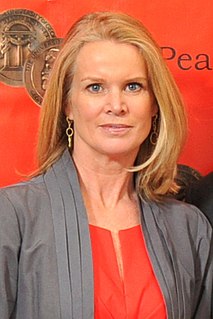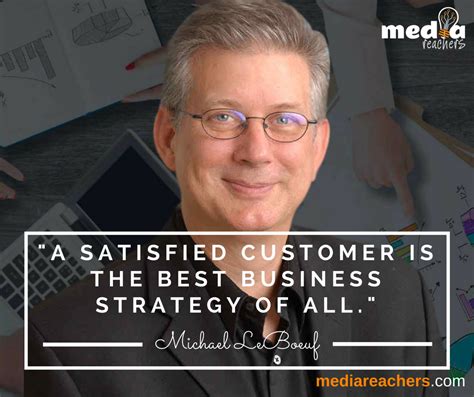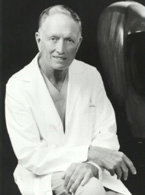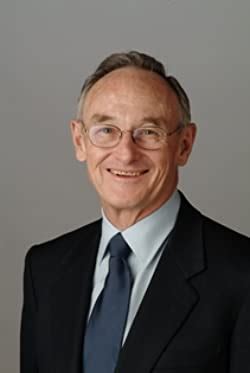A Quote by Malcolm Gladwell
[Research] suggests that what we think of as free will is largely an illusion: much of the time, we are simply operating on automatic pilot, and the way we think and act – and how well we think and act on the spur of the moment – are a lot more susceptible to outside influences than we realize.
Related Quotes
I really can't tell other people how to live their life or how to approach different things. What I can tell them - and I truly believe this, I don't think it's being naïve and I don't think it's being in denial - I really believe that the way you think influences the way you feel, and the way you feel influences the way you act.
I played Lucifer once, which is sort of a difficult character to research. I thought to myself, "We all have the potential to be selfish, to be cruel - at least to think evil thoughts, even if we don't ever act out on them. Even if we don't ever think we behave badly, we probably do more than we realize."
I'm one of those introverted people who simply feels a lot better after spending time alone thinking through ideas and emotions. This is a sign, I've come to think, of a kind of emotional disturbance - a reaction to inner fragility. I wish I were more able to just act and do, rather than constantly have to retreat and examine and think.
If you choose not to act, you have little chance of success. What’s more, when you choose to act, you’re able to succeed more frequently than you think. How often in life do we avoid doing something because we think we’ll fail? Is failure really worse than doing nothing? And how often might we actually have triumphed if we had just decided to give it a try?
I believe people think as a group more often than we might realize or care to admit. We like to believe that we act as individuals and nothing more, but time and again - in corporations and business, in politics and religion, in fashion and culture, and in friendships and social circles - we think and do as one.
The sexual act - thinking about the sexual act, the telling about the sexual act, after the sexual act, is so much more important than the actual sexual act - just in time. It's like of the whole sexual act, you probably spend 95% of the time thinking about it, talking about it afterwards. The actually sexual act, especially when you're 17, is minutes.
The world is your mirror and your mind is a magnet. What you perceive in this world is largely a reflection of your own attitudes and beliefs. Life will give you what you attract with your thoughts think, act and talk negatively and your world will be negative. Think and act and talk with enthusiasm and you will attract positive results.
I've always thought that my exposure to competitive sports helped me a great deal in the operating room. It teaches you endurance, and it teaches you how to cope with defeat, and with complications of all sort. I think I'm a well-coordinated person, more than average, and I think that came through my interest in sports, and athletics... Playing basketball you have to make decisions promptly, and that's true in the operating room as well.
I approach my life with logic. I do not act on impulse or emotion. I very seldom find that I say, 'And then I can't think what came over me, but I did this or that or the other.' I nearly always know how I will act and I nearly always act in that way. I don't catch myself out in embarrassing situations because I've acted without forethought. I calculate what I will do.
However great a man's fear of life, suicide remains the courageous act, the clear-headed act of a mathematician. The suicide has judged by the laws of chance - so many odds against one that to live will be more miserable than to die. His sense of mathematics is greater than his sense of survival. But think how a sense of survival must clamor to be heard at the last moment, what excuses it must present of a totally unscientific nature.



































